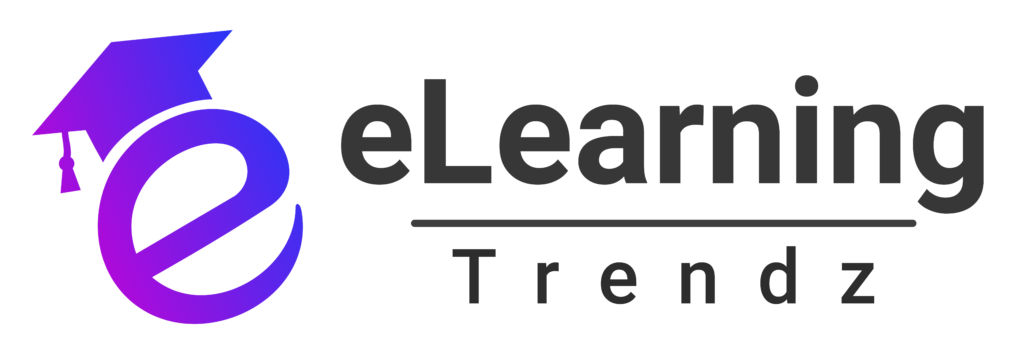Government agencies play a pivotal role in ensuring the smooth operation of society by managing public resources, implementing policies, and enforcing regulations. The need for effective training within the public sector is undeniable, particularly given the evolving nature of governance, technology, and regulatory requirements. A Learning Management System (LMS) provides a modern solution to streamline public sector training, enhance employee performance, and ensure compliance with policies and regulations. In this blog, we’ll explore how an LMS for government can improve training delivery, boost employee engagement, and help maintain policy compliance.
What is an LMS for Government?
A Learning Management System (LMS) for government is a software platform designed to deliver, manage, and track the training and development of public sector employees. This system can be used to provide training on a variety of topics, including regulatory compliance, public policy, cybersecurity, leadership development, and other critical areas of governance. With an LMS, government organizations can standardize and streamline training, making it easier to educate employees and ensure consistent knowledge across all departments.
Given the complex nature of government operations, an LMS serves as an efficient and scalable solution to meet the growing need for continuous learning and development in the public sector.
The Importance of Training in the Public Sector
Training plays a vital role in the public sector for several reasons:
- Ensuring Policy Compliance: Government agencies must adhere to a wide range of laws, regulations, and policies. Proper training ensures that employees are aware of these rules and can apply them in their daily tasks.
- Adapting to Technological Advancements: As technology continues to change the way government operates, employees need to be trained on new software, systems, and digital tools to improve efficiency and effectiveness.
- Improving Service Delivery: Public sector employees are tasked with delivering services to citizens. Training ensures that they have the knowledge and skills to interact with the public professionally and deliver high-quality services.
- Reducing Operational Risks: Properly trained employees can mitigate risks such as fraud, mismanagement, and non-compliance with legal standards. Training helps employees understand best practices and maintain high levels of professionalism.
How LMS Enhances Public Sector Training
An LMS offers numerous benefits for government organizations looking to improve their training programs. Here’s how it can enhance training in the public sector:
- Centralized Learning and Content Management
With an LMS, government agencies can centralize all training materials in one platform, making it easier to manage and update content. Whether it’s policy documents, compliance training modules, or leadership development resources, an LMS ensures that all employees have access to the latest materials. This centralized approach reduces the need for manual distribution of content and ensures consistency across the agency. - Cost-Effective and Scalable Training
Government organizations often operate under tight budgets, and in-person training sessions can be costly. An LMS offers a cost-effective solution by providing online training options that can be accessed remotely. This eliminates travel and venue expenses and ensures that employees can access training at their convenience. As the government workforce grows or scales, an LMS can easily accommodate new users without the need for additional resources. - Standardized Training for All Employees
With multiple departments, teams, and locations, maintaining consistent training standards can be challenging in the public sector. An LMS helps standardize training across all government employees, ensuring that every employee receives the same foundational knowledge, regardless of their department or location. This consistency is particularly important for ensuring policy compliance and fostering a unified approach to governance. - On-Demand Learning and Flexibility
Public sector employees often have varied schedules, making it difficult to find a time for in-person training. An LMS provides on-demand learning, allowing employees to complete courses whenever it fits their schedule. Whether employees are working in the field, remotely, or during non-traditional hours, they can access training materials at any time from any device, ensuring that learning doesn’t disrupt their daily responsibilities. - Tracking and Reporting for Accountability
An LMS provides detailed tracking and reporting capabilities that allow managers to monitor employee progress. From course completions to test scores and certifications, LMS platforms can generate reports that give insight into how well employees are performing. This data-driven approach ensures accountability and provides management with the tools needed to identify knowledge gaps and areas for improvement. - Interactive Learning Tools
An LMS can include a variety of interactive learning tools, such as simulations, videos, quizzes, and discussion forums. These features enhance engagement and make the training experience more dynamic. For instance, employees can participate in scenario-based simulations that mimic real-world challenges, such as policy enforcement or crisis management. This hands-on learning helps employees develop problem-solving skills and retain knowledge more effectively.
How LMS Supports Policy Compliance in Government
Government organizations must adhere to a wide range of legal and regulatory requirements. LMS platforms help ensure that employees stay compliant with these policies by providing automated, consistent, and up-to-date training on compliance issues. Here’s how LMS can help with policy compliance:
- Automated Compliance Training
An LMS automates the delivery of compliance training, ensuring that all employees complete the necessary courses on topics such as ethics, data protection, workplace safety, and regulatory standards. With automated reminders and deadlines, employees are more likely to complete training on time, reducing the risk of non-compliance. - Real-Time Tracking and Certification
An LMS tracks employee participation in compliance training and generates certificates once they complete courses. This makes it easy for managers to ensure that employees are up-to-date with required training and can quickly retrieve certificates for audits. Automated tracking reduces administrative workload and ensures that compliance requirements are met consistently. - Regular Updates on Legal and Regulatory Changes
Laws and regulations in the public sector are often subject to change. An LMS makes it easy for government agencies to update training materials whenever there are changes in policy, legal requirements, or industry standards. This ensures that employees receive the latest information and are prepared to implement new regulations as soon as they are enacted. - Audit-Ready Documentation
Government agencies must maintain records of employee training for auditing purposes. An LMS provides a centralized database of training records, which can be easily accessed during audits. This ensures that the organization is always ready for regulatory inspections and can demonstrate compliance with the necessary training requirements.
The Future of LMS in Government
The future of LMS in government is focused on greater integration with emerging technologies such as artificial intelligence (AI), machine learning (ML), and data analytics. AI can be used to personalize learning paths, while data analytics will allow government agencies to assess training effectiveness in real time. Additionally, virtual and augmented reality (VR/AR) technologies can provide immersive, hands-on training experiences for government employees in areas such as emergency response or crisis management.
Conclusion
LMS for government offers a robust solution to streamline public sector training, ensure policy compliance, and improve employee performance. With the ability to centralize training materials, deliver on-demand learning, and provide real-time tracking and reporting, LMS platforms enable government agencies to maximize their training programs’ effectiveness while maintaining high accountability standards. By adopting an LMS, government organizations can reduce training costs, enhance employee knowledge, and ensure compliance with ever-evolving regulatory requirements, leading to more efficient public services and a better-informed workforce.










